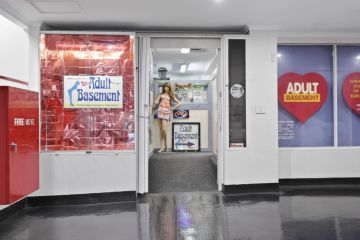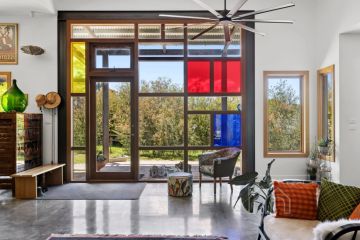Five things every rental needs that should always be bought from the opshop

Setting up a rental is expensive. It’s also an effort of great coordination.
You’ll need appliances, kitchenware, and what even goes into a bathroom? It’s hard to know the extent of what’s missing until you’re all moved in, and that could be a lot.
You’ll want to do a big shop at a cheap department store because it’s easiest. It’s also a mistake.
Listen to episode three of Somewhere Else:
According to the Salvation Army, 16,000 tonnes of secondhand items nationally are saved from landfill each year by shopping at its Family Stores alone. A little furniture thrifting is pretty much guaranteed to save some cash, and prevent waste.
Lounge furniture (aka — anything you’re going to share)

Your couch, coffee table, shelves and potentially even a TV (if you’re fancier than the ol’ laptop on a cushion method) should always be bought secondhand.
Why? They’re very expensive new, and the chance of these items getting wrecked by a person other than yourself is 9/10. You’re far less likely to care if you picked up the couch for $50 and shared that cost.
Kitchen utensils and small appliances
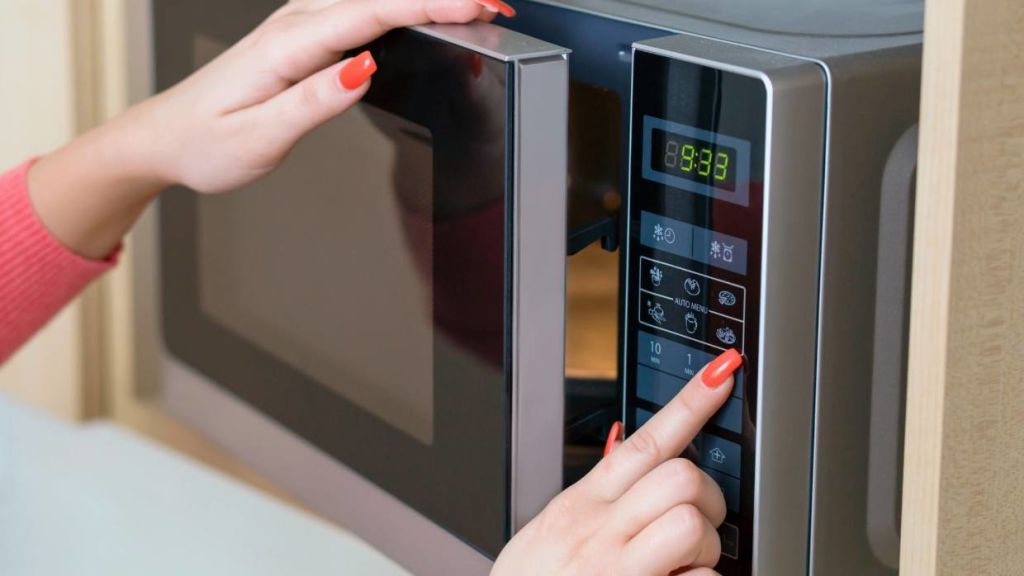
Most apartment kitchens will have at least three sets of kitchenware, because for some inexplicable reason, we all forget that we already own forks and buy more.
There will be an excess of teaspoons, but probably not enough mugs, measuring cups or pans. The kitchen area of the opshop should be the first zone you scope out on arrival.
Small appliances get tossed by people a lot, even if there’s nothing wrong with them. Remember the cheese toasties your mum used to make? Don’t underestimate the untold joy a good toasty machine can bring to your life.
And, I can’t say this enough – buy wine glasses. Assuming you’re out of university and no longer wish to sniff test the last mug left on the bench before use, grab a set (or three) of grown-up juice vessels. You will never, ever to be able to buy them faster than they get broken.
My last flatmate managed to smash eight in a period of about two months, largely because we didn’t have a dishwasher and she liked to drink red.
Wall art
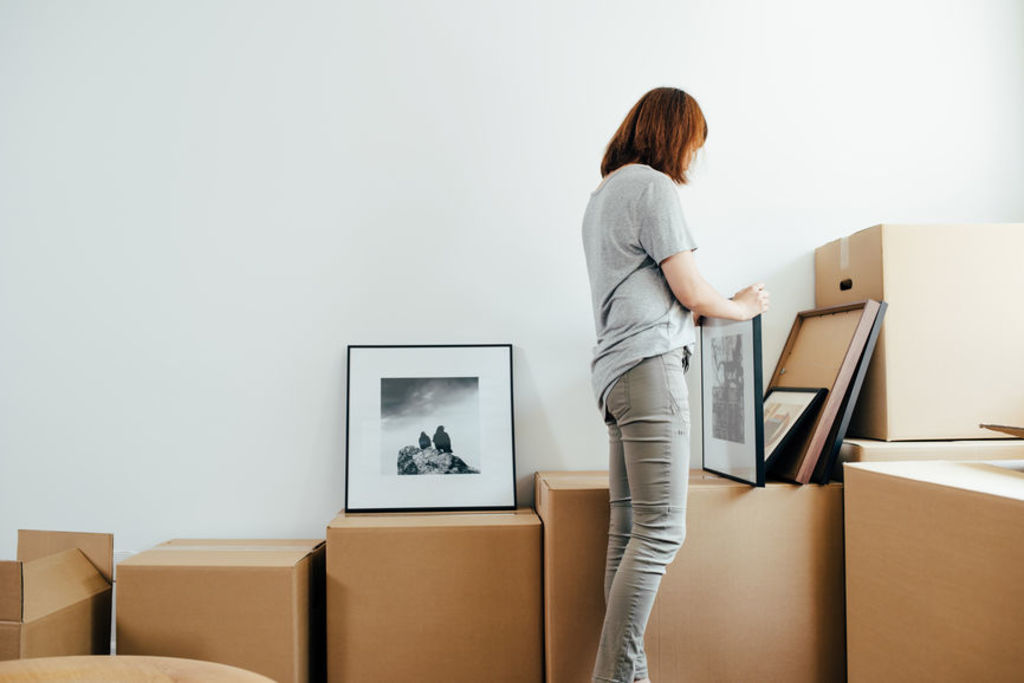
Student flats are the best at this, hands down. I once attended a party at a flat that had covered every inch of their lounge and kitchen walls with kinda bizarre and eclectic, framed oil paintings. The overall effect was something like the talking walls of Hogwarts.
That’s not an aesthetic that will work in every house, but not every artwork in an opshop is going to be junk. People throw things away for all sorts of reasons, and with a little scavenger hunting you could turn up a quality piece to pull the whole living room together.
Floor and table lamps
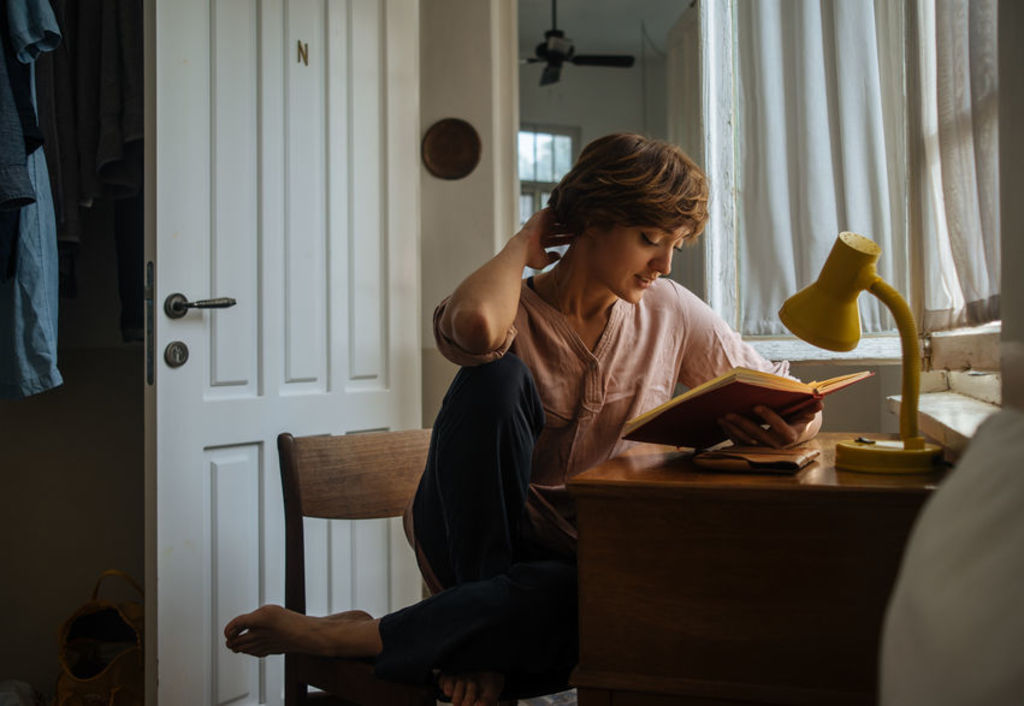
Lamps are another decor item that are really easy to splash cash on, or to forget about all together.
Lighting is a big issue in rentals. Ideally, yours has a good mix of natural and artificial light but if it doesn’t, rewiring isn’t exactly an option.
Floor and table lamps are the cheapest, and easiest way to brighten up a living space, and most opshops will have plenty of them. Some will look like they belonged to your nana (“vintage”), but it’s easy enough to swap a lampshade.
It’s always a good idea to plug these in at the store to make sure they work, and have batteries on hand for any other electric things you’re keen to test.
Storage
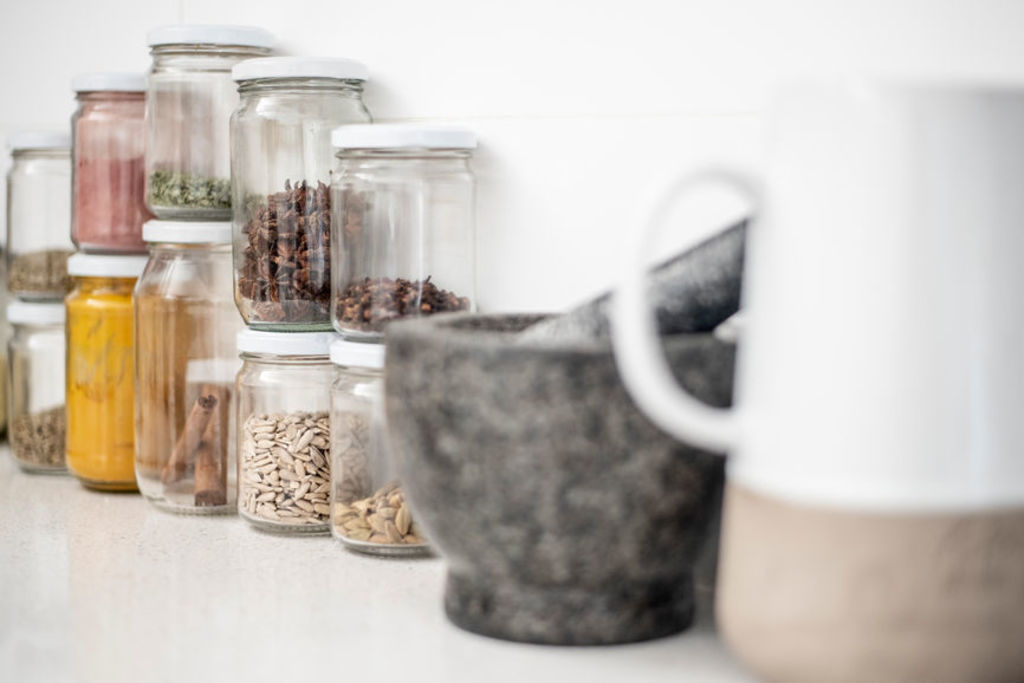
Storage doesn’t have to be a set of utilitarian plastic boxes. Sally’s is brimming with cute wicker baskets and colourful vases, most of which will be under $5.
They’re a great way to organise everyone’s stuff in the kitchen and bathroom cupboards, as well as in a wardrobe.
When you deck out a rental with brand new cheap furniture and decor, more often than not you’re signing up all those resources to be sent to landfill in 12 months’ time.
But if you pick up a coffee table made from native timber, you’ll be able to pass it along to yet another owner after it’s served its time in your home. Buying from an opshop also helps with the three R’s of sustainability… you’ll be reducing consumption of single-use goods, reusing homewares and recycling when you pass it on again.
Yes, going to the opshop is more time consuming than visiting a department store, but it also benefits the environment and your personal finances in a way that’s worthwhile.
This article originally appeared on stuff.co.nz
We recommend
We thought you might like
States
Capital Cities
Capital Cities - Rentals
Popular Areas
Allhomes
More
- © 2025, CoStar Group Inc.







